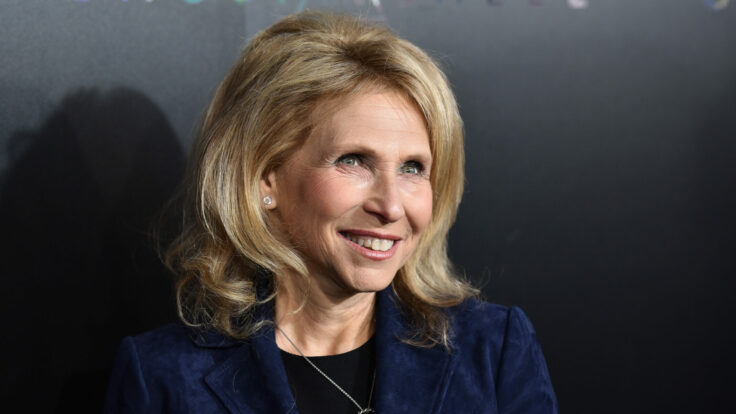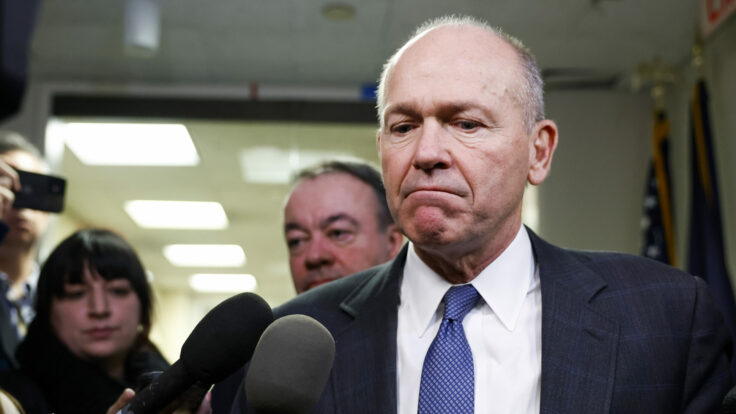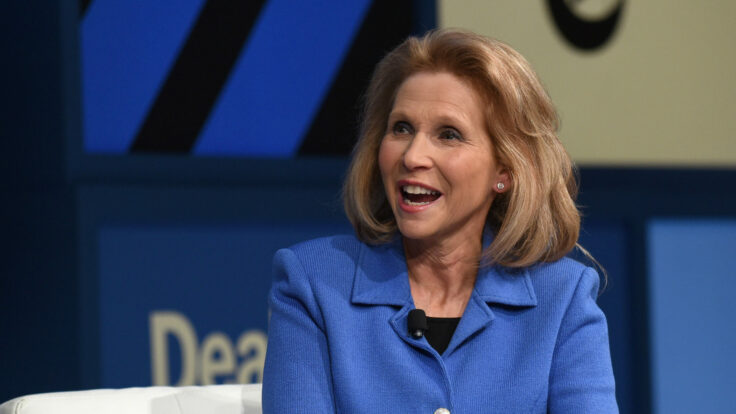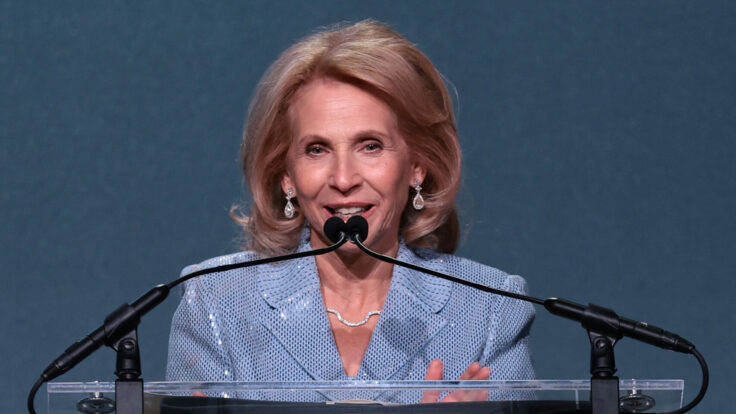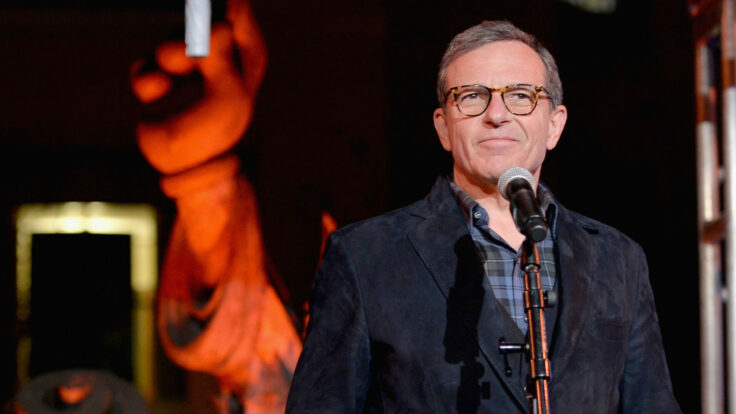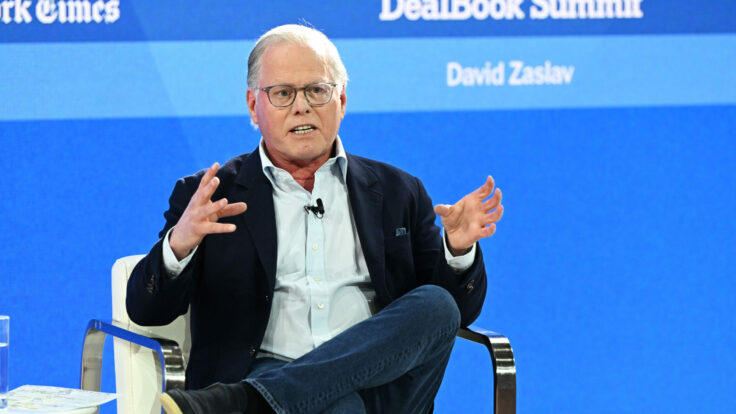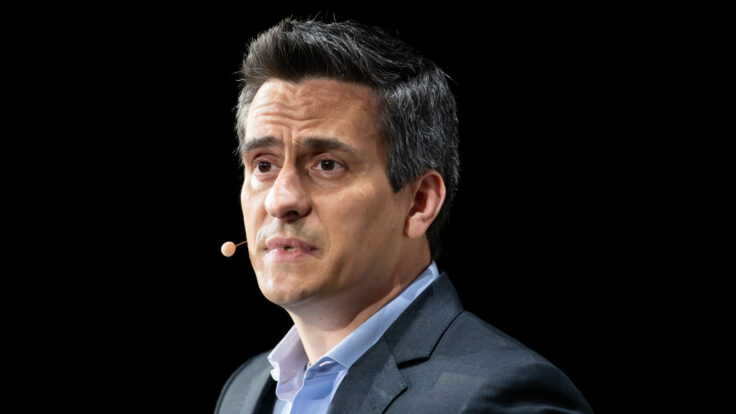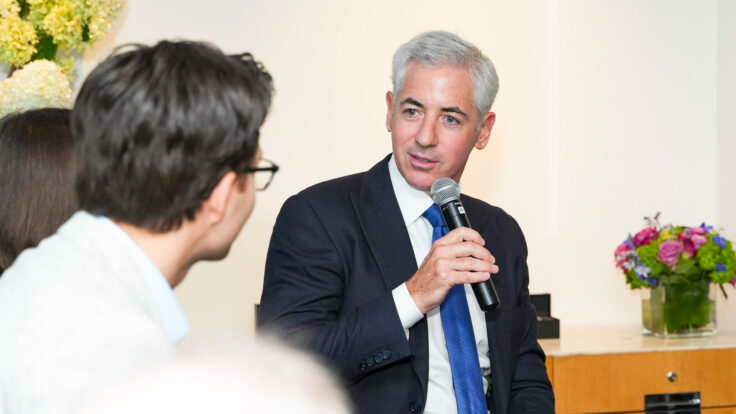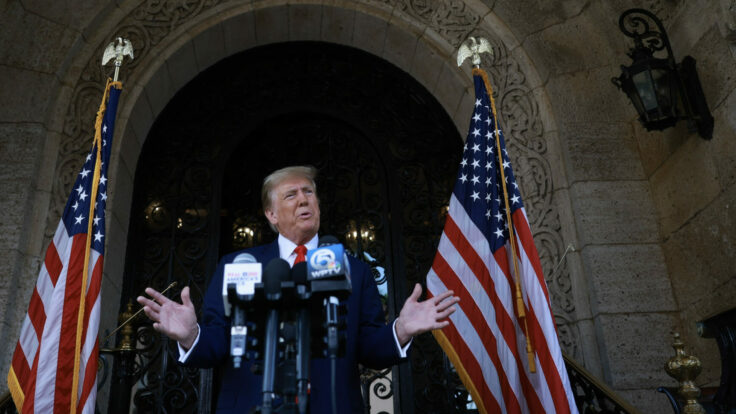In order to fully comprehend our current juncture in the Twitter saga, it’s worth recalling how masterfully Elon Musk performed the first few stanzas. Between January and March, he stealthily accumulated a $2.64 billion stake in Twitter, which gave him more than nine percent of the company. Nobody had a clue he was doing this, except probably for the Wall Street traders who helped him do it, and they were smart enough to keep quiet. Then he filed his paperwork, fended off a feckless poison pill, and pulled together, seemingly effortlessly, the commitments for the $44 billion he would need to pay the Twitter shareholders that $54.20 per share in cash that he promised.
Elon was a total Jedi. He arranged for senior debt financing. He arranged for his margin loan on his Tesla stock. He committed to providing $21 billion of equity, without naming the sources of that equity. And he elegantly put the Twitter board in a position where it would have no choice other than to accept his offer. After all, there would be no way that Twitter’s financial advisers—Goldman Sachs, JPMorgan Chase, and Allen & Co.—could legitimately argue the deal was not fair to the Twitter shareholders from a financial point of view.




